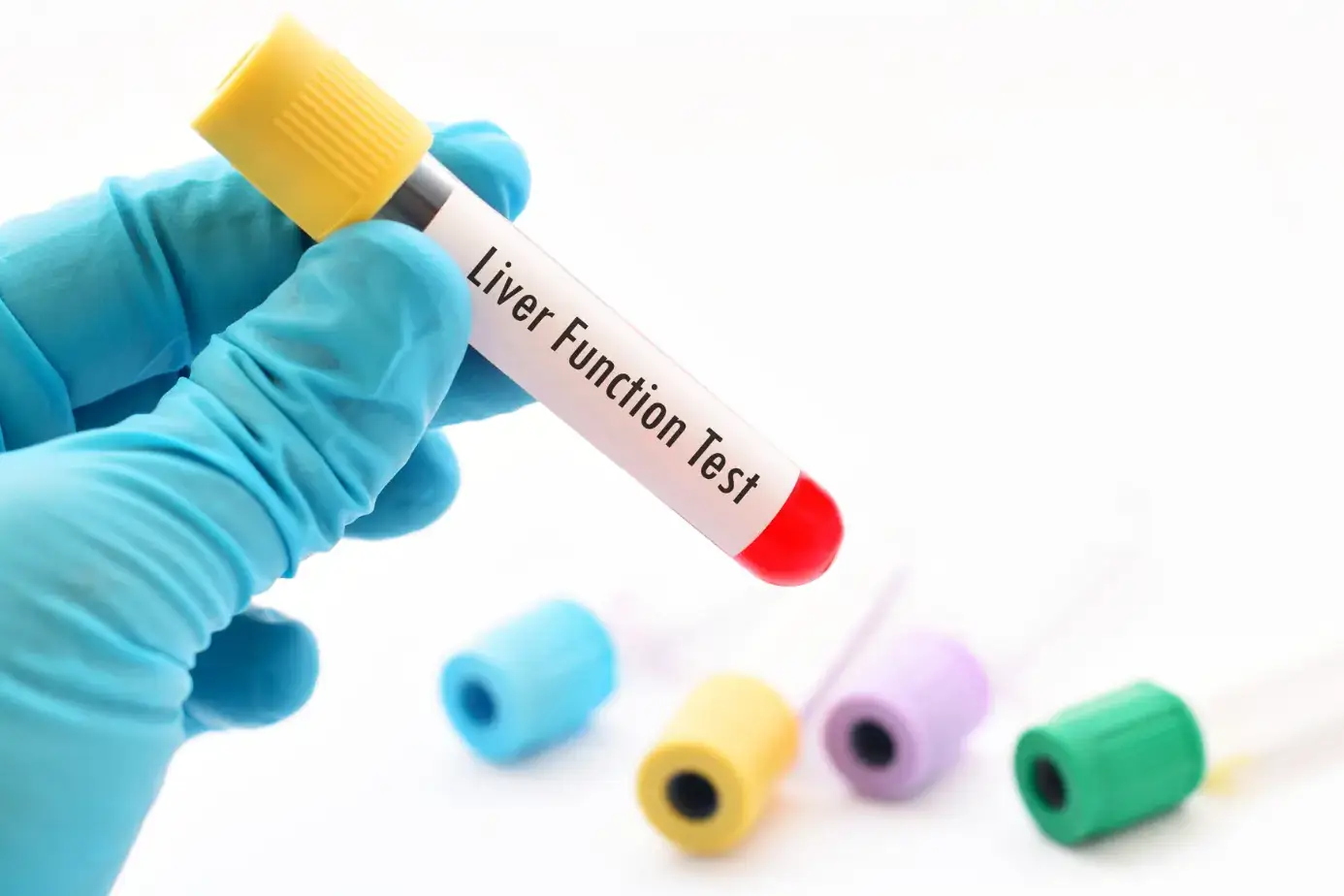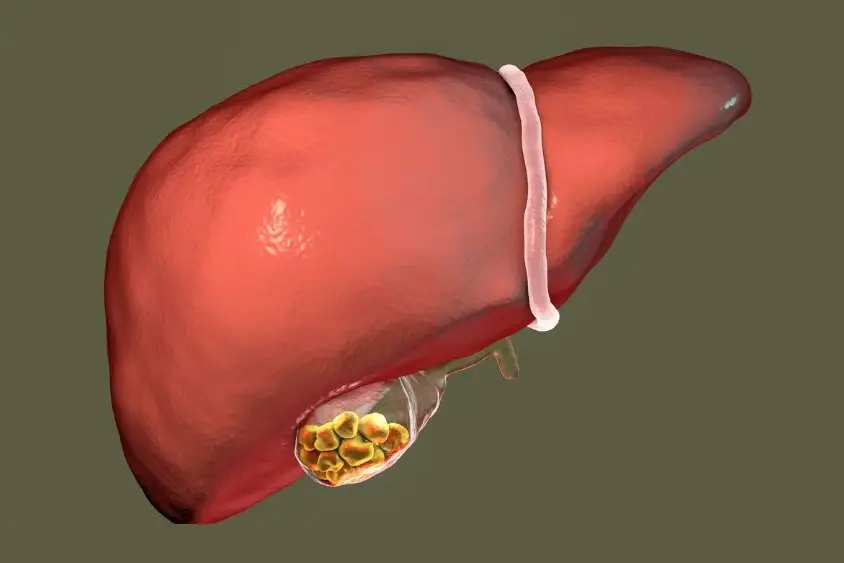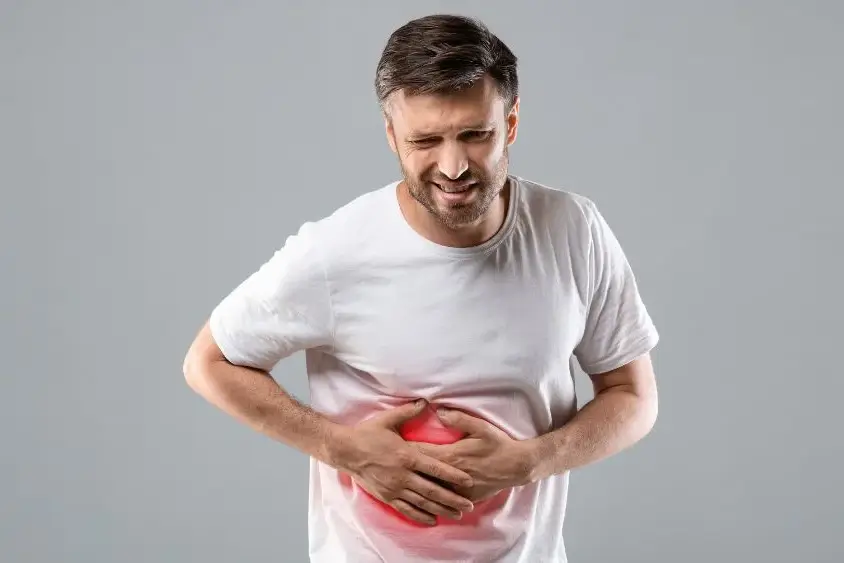Colorectal cancer is a serious health concern. It’s also highly treatable if caught early. The colonoscopy is a key tool for finding polyps or cancer early.
Table of Contents
ToggleKnowing when to start colonoscopy screening is vital for your health. This article will guide you on when to get your first colonoscopy. It will also highlight why regular screenings are crucial.
Screening for colorectal cancer, including colonoscopy, is very important for your health. Knowing when to get your first colonoscopy helps prevent cancer. Regular screenings catch problems early, keeping you healthy.
Understanding Colorectal Cancer Risk Factors
Colorectal cancer is a serious health concern. Knowing the risk factors is key for early detection and prevention. Age is a major risk factor. As you get older, your risk of colorectal cancer goes up. Most cases happen in people over 50.
Age as a Primary Risk Factor
Your risk of colorectal cancer increases with age. After 50, your risk doubles every 10 years. This is why age is important for when to start regular screening.
Family History and Other Considerations
Family history and lifestyle also affect your risk. If a close relative has colorectal cancer, your risk might be higher. Diet, exercise, and health conditions also matter.
Knowing these risk factors helps you and your doctor plan your screening. Being proactive and informed can help detect cancer early. This improves your chances of a good outcome.

Recommended Age for First Colonoscopy Screening
Keeping up with your health is key, and that includes regular screenings for colorectal cancer. The age for your first colonoscopy might have changed. It’s vital to know when to start this crucial test.
The United States Preventive Services Task Force (USPSTF) says adults should start screenings at 45. This is a change from the old rule of starting at 50. Studies show more young adults are getting colorectal cancer.
But, if you have a family history of the disease, you might need to start sooner. Talking to your doctor about your health history is the best way to find out when to have your first colonoscopy.

Being proactive about your colorectal health is very important. Knowing when to have your first colonoscopy is a big step towards keeping you healthy.
Age for colonoscopy
Finding the right age for a colonoscopy can be tricky. It depends on your risk factors. But, there are some guidelines to help keep your colon healthy.
The colonoscopy guidelines by age suggest starting at 45. This is a change from the old rule of 50. It’s because more young people are getting colorectal cancer.
If you have a family history of this cancer, you might start earlier. This could be around 40 or 10 years before the youngest family member got it. Regular screenings every 10 years can catch problems early. This could save your life.

Remember, the age for a colonoscopy is just a suggestion. Your needs might be different. Talk to your doctor about your risks. Then, make a plan that’s right for you.
Benefits of Early Colorectal Cancer Detection
Early detection of colorectal cancer through regular screening is very beneficial. It can greatly improve your health and well-being. When found early, colorectal cancer is often treatable, with a survival rate over 90%.
Regular colonoscopy screenings are key to catching any issues early. This increases your chances of a good outcome.
Improved Treatment Outcomes
Early detection leads to better treatment results for colorectal cancer. Smaller cancers are easier to remove or treat. Catching the disease early means a higher chance of a successful treatment and full recovery.
- Improved chances of successful treatment and recovery
- Smaller, more localized cancers are easier to treat
- Early detection can lead to a five-year survival rate of over 90%
The benefits of early colorectal cancer detection are huge. Regular screening is crucial. Taking care of your health by scheduling routine colonoscopies can greatly improve your long-term well-being.

Preparing for Your First Colonoscopy
Getting ready for your first colonoscopy might seem hard. But, with the right steps, it can be smooth and successful. Your doctor will tell you how to prepare. This usually means eating a special diet and taking laxatives to clean your bowels. This helps your doctor see your colon clearly during the procedure.
To get ready for your first colonoscopy, follow these steps:
- Follow a special diet: Your doctor will ask you to eat only clear liquids for a day or two before. This means no solid foods. Stick to things like broth, juice, and gelatin.
- Take laxatives: Your doctor will give you laxatives to clean your colon. It’s key to follow the instructions and drink lots of water.
- Arrange for a ride: On the day of your colonoscopy, you’ll get a sedative. This means you can’t drive home. So, make sure someone can take you home.
- Communicate with your doctor: Tell your doctor about any medicines you take and health conditions you have. This helps them make your procedure safe and comfortable.
By following your doctor’s advice and preparing well, you can have a good first colonoscopy. The most important thing is to stay informed and talk openly with your healthcare provider.

What to Expect During the Procedure
Understanding your first colonoscopy can ease your worries. The colonoscopy process aims to be comfortable and quick. It lets your doctor check your colon for any problems or what happens during a colonoscopy.
Your doctor will put a long, flexible tube with a camera into your rectum. This tube, called a colonoscope, lets your doctor see your whole colon. You might feel a bit uncomfortable, but most people find it okay. This is because of the sedation that helps you relax.
The Colonoscopy Process Explained
Here’s what you can expect during a colonoscopy:
- Preparation: Before your appointment, you’ll eat a special diet and take a laxative. This cleans your colon for your doctor to see clearly.
- Sedation: You’ll get a sedative to make you calm and comfortable. You might even fall asleep during the procedure.
- Insertion of the colonoscope: Your doctor will put the colonoscope into your rectum. You might feel some pressure, but the sedative helps.
- Examination: Your doctor will look at your colon’s lining for any issues or cancer. If they find polyps, they might remove them for testing.
- Recovery: After the colonoscopy, you’ll be watched as the sedative wears off. Most people can go back to normal activities within 24 hours.
Remember, the benefits of catching problems early during a colonoscopy are huge. Any temporary discomfort is worth it. By knowing what to expect and working with your doctor, you’ll feel ready for your first colonoscopy.
Frequency of Colonoscopy Screenings
Wondering how often should you get a colonoscopy? The answer depends on your age, risk factors, and past colonoscopy results. It’s key to follow colonoscopy screening guidelines for good health and early detection.
Here are the general guidelines for colonoscopy screenings:
- People at average risk should get a colonoscopy every 10 years, starting at 45.
- Those with a family history of colorectal cancer or other risks may need to start earlier and have more frequent tests, often every 5-10 years.
- If polyps are found, your doctor might suggest a shorter wait time for your next screening, like every 3-5 years, to watch for changes.
Talk to your healthcare provider about your risk factors and screening plan. They can guide you on the best colonoscopy screening guidelines for you. This ensures you get the care you need for your health.
Regular colonoscopy screenings are key for catching colorectal cancer early. By following guidelines and working with your healthcare team, you can protect your health. This reduces your risk of this serious disease.
Addressing Common Concerns and Fears
Many people worry about getting a colonoscopy. But knowing what happens can make you feel better. Common worries include the prep, feeling uncomfortable, and being embarrassed.
Demystifying the Colonoscopy Experience
Healthcare providers work hard to make the colonoscopy experience easy and stress-free. Here’s what you can expect:
- The prep might be hard, but it’s key for a clear view. Your doctor will give you all the details you need.
- You’ll get medicine to help you relax or not feel pain. Most people say they barely feel anything.
- The team doing the colonoscopy knows how to keep you private and comfortable.
Early cancer detection is a big plus. Knowing what to expect can make you feel more ready. This important test is worth it for your health.
Importance of Regular Screenings
Getting regular colonoscopy screenings is key for your health. Colorectal cancer is serious but treatable if caught early. By starting your first colonoscopy at the right age and keeping up with screenings, you lower your risk of colorectal cancer.
Screenings are a strong tool against colorectal cancer. They help your doctor find and remove polyps before they turn into cancer. This saves lives. Regular screenings are crucial for the importance of regular colonoscopy screenings and why get colonoscopy screening.
- Early detection is key: Catching colorectal cancer in its earliest stages dramatically improves treatment outcomes and chances of survival.
- Polyp removal prevents cancer: Regular colonoscopies allow for the identification and removal of precancerous polyps, preventing them from turning into cancer.
- Reduced risk: Consistent screening reduces your risk of developing colorectal cancer by up to 90%.
Don’t wait until it’s too late. Make your health a priority and schedule your regular colonoscopy screenings. By taking this proactive step, you’re investing in your long-term well-being and giving yourself the best chance of a positive health outcome.
Lifestyle Changes to Lower Colorectal Cancer Risk
Keeping a healthy lifestyle is key to avoiding colorectal cancer. Simple changes in your daily life can greatly lower your risk. This disease is serious and can be deadly.
Diet, Exercise, and Healthy Habits
Eating a diet full of colorful fruits, veggies, and whole grains is important. These foods are full of good stuff that fights cancer. Try to eat less red meat, processed foods, sugar, and fats.
Being active is also vital. Walking fast, cycling, or swimming helps keep you healthy. It also fights inflammation, which is good for your health.
Quitting smoking and drinking less alcohol also helps. These changes are good for your health and make you feel better. They’re worth the effort.
By making these changes, you can help keep yourself healthy. You’ll lower your risk of colorectal cancer. Start these healthy habits today to protect your health for the long run.
Conclusion
Knowing when to start colonoscopy screening is key to keeping you healthy. It helps lower your risk of colorectal cancer. Start screenings early and follow your doctor’s advice to catch problems early.
Also, living a healthy lifestyle helps a lot. Regular colonoscopy screenings are a top way to fight colorectal cancer. Talk to your doctor about when you should get screened.
The role of colonoscopy screening in stopping colorectal cancer is huge. Being proactive with your health and screenings can greatly improve your future health.
FAQ
What is the recommended age for your first colonoscopy screening?
The USPSTF says adults should start screening at 45 if they’re at average risk. But, if you have a family history, you might need to start earlier.
What are the benefits of early colorectal cancer detection?
Early screening can greatly improve your health. If caught early, colorectal cancer is very treatable, with over 90% survival rate. Early detection also means better treatment options, as cancers are smaller and easier to manage.
How often should you get a colonoscopy screening?
The frequency of screenings depends on your age, risk factors, and past results. Generally, average-risk people should get a colonoscopy every 10 years starting at 45. Those with higher risks might need one every 5-10 years, starting earlier.
What should you expect during a colonoscopy procedure?
A colonoscopy involves a flexible tube with a camera being inserted into your rectum. This lets your doctor check your colon for any issues. The procedure is done under sedation, so you’ll be relaxed. While it might be a bit uncomfortable, the benefits of early detection are worth it.
How can you reduce your risk of colorectal cancer?
Besides regular screenings, lifestyle changes can also help. Eating a diet full of fruits, veggies, and whole grains is good. Staying active, maintaining a healthy weight, and quitting smoking also help. Limiting alcohol is also important, as it can increase your risk.
About The Author

Medically reviewed by Dr. Nivedita Pandey, MD, DM (Gastroenterology)
Senior Gastroenterologist & Hepatologist
Dr. Nivedita Pandey is a U.S.-trained gastroenterologist and hepatologist with extensive experience in diagnosing and treating liver diseases and gastrointestinal disorders. She specializes in liver enzyme abnormalities, fatty liver disease, hepatitis, cirrhosis, and digestive health.
All content is reviewed for medical accuracy and aligned with current clinical guidelines.
About Author | Instagram | Linkedin





